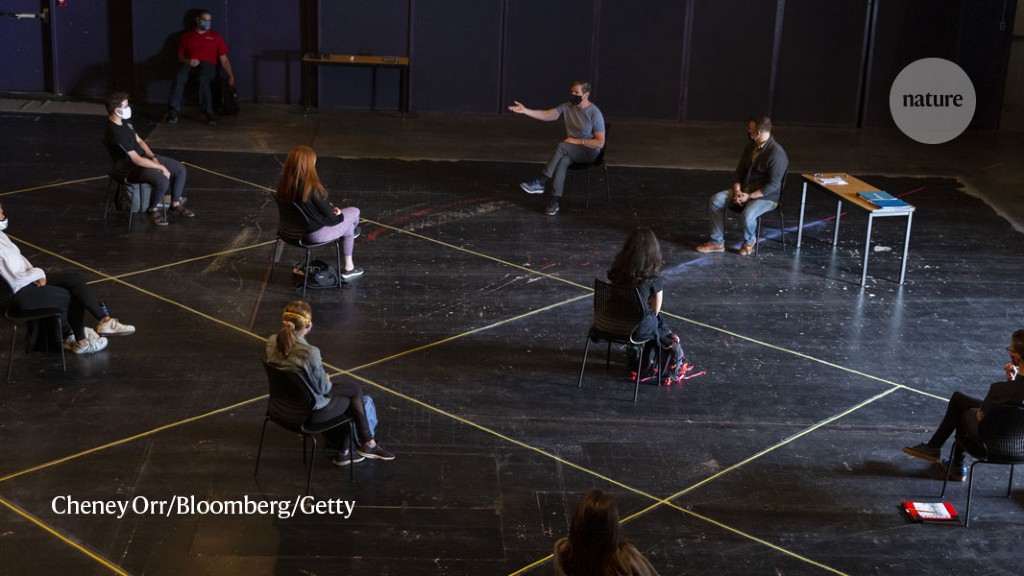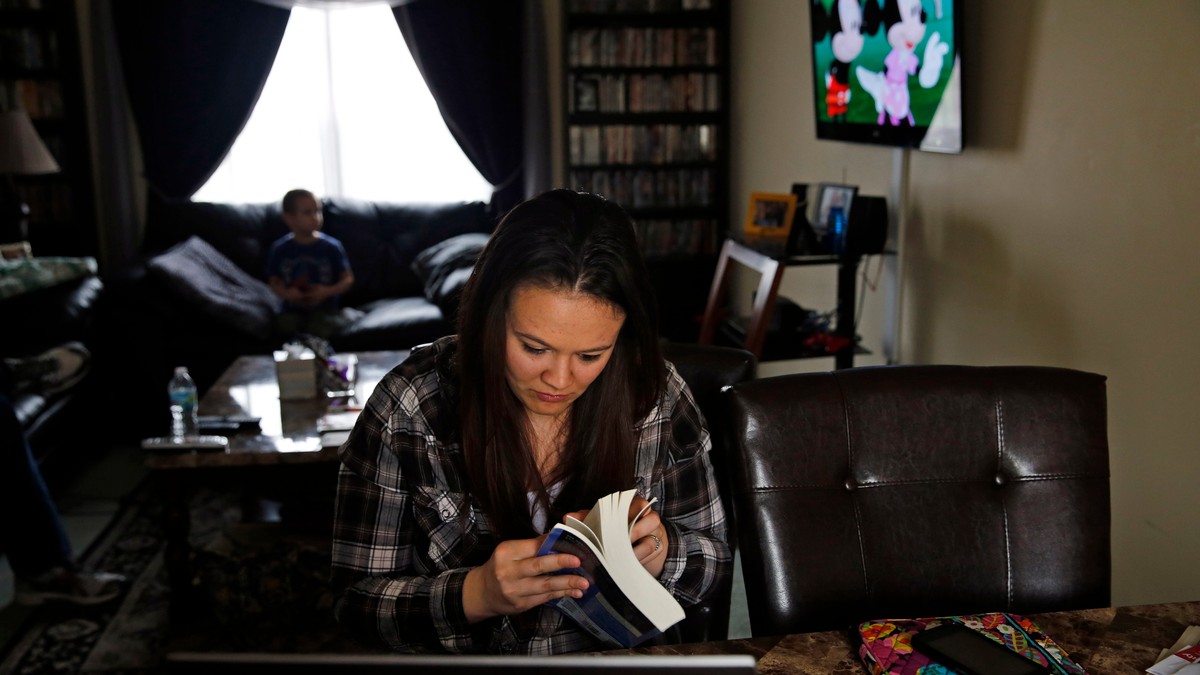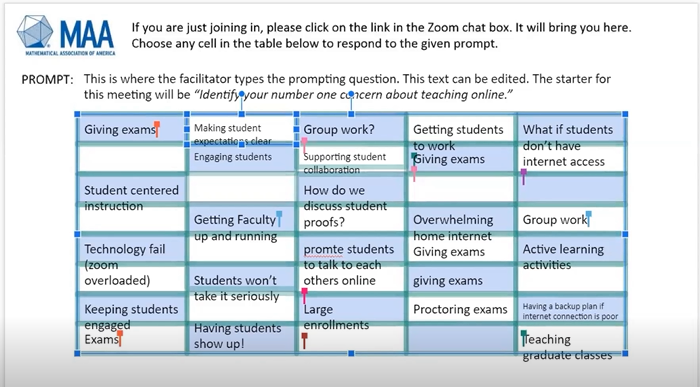One-minute Phone Breaks Could Help Keep Students More Focused in Class and Better in Tests
One-minute Phone Breaks Could Help Keep Students More Focused in Class and Better in Tests

Send us a link

A small but growing number of scientific faculty positions are focusing on the science of teaching.

Last year, my first in medical school at Columbia University, I used a bone saw to slice through the top half of a cadaver's skull, revealing a gray brain lined with purple blood vessels. This was Clinical Gross Anatomy, the first-year course that has fascinated or devastated (or both) every medical student. You never forget the day you open the skull.

Getting digitized primary source materials into the classroom requires an open dialogue among researchers, teachers, and archivists. A workshop from historians of business shows how.

Face masks are vital to containing the spread of COVID, but lecturers and universities must find ways to be inclusive, say Olivier Pourret and Elodie Saillet.

Non-tenure track faculty at community and city colleges across the country told Motherboard they have not received sufficient pay, training, or equipment to teach classes online-and the consequences could be devastating for students.

In times of crisis, we need community. With schools, colleges and universities mandating online teaching and learning in response to COVID-19, often with only a week of preparation time, people are scrambling for resources and information.

Some students do feel political pressure from their professors, but few change their views.
New study says student evaluations of teaching are still deeply flawed measures of teaching effectiveness, even when we assume they are unbiased and reliable.
Students should actively consider and prepare for the work they are personally most suited to, whether within or beyond the academy.
One of the foundational aims of the open access movement, set out in the Budapest Open Access Initiative, was to provide access to research not only to scholars, but to “teachers, students and other curious minds” and in so doing “enrich education”. However almost two decades on from the declaration access to the research literature for educational purposes remains limited.

Opinion piece examining a study that found that the correlation between student evaluations and quality of learning is negative.

An interview with Jason Lorgan, executive director of campus stores at @UCDavis, about the university's innovative new textbook-affordability program.

This article seeks to understand how far the United Kingdom higher education (UK HE) sector has progressed towards open access (OA) availability of the scholarly literature it requires to support courses of study. It uses Google Scholar, Unpaywall and Open Access Button to identify OA copies of a random sample of articles copied under the Copyright Licensing Agency (CLA) HE Licence to support teaching. The quantitative data analysis is combined with interviews of, and a workshop with, HE practitioners to investigate four research questions. Firstly, what is the nature of the content being used to support courses of study? Secondly, do UK HE establishments regularly incorporate searches for open access availability into their acquisition processes to support teaching? Thirdly, what proportion of content used under the CLA Licence is also available on open access and appropriately licenced? Finally, what percentage of content used by UK HEIs under the CLA Licence is written by academics and thus has the potential for being made open access had there been support in place to enable this? Key findings include the fact that no interviewees incorporated OA searches into their acquisitions processes. Overall, 38% of articles required to support teaching were available as OA in some form but only 7% had a findable re-use licence; just 3% had licences that specifically permitted inclusion in an ‘electronic course-pack’. Eighty-nine percent of journal content was written by academics (34% by UK-based academics). Of these, 58% were written since 2000 and thus could arguably have been made available openly had academics been supported to do so.

Recently retired, this professor emeritus reflects on how she challenged students to think beyond facts.

Why colleges and universities that claim to take teaching seriously need a comprehensive and fair system of evaluating it.
